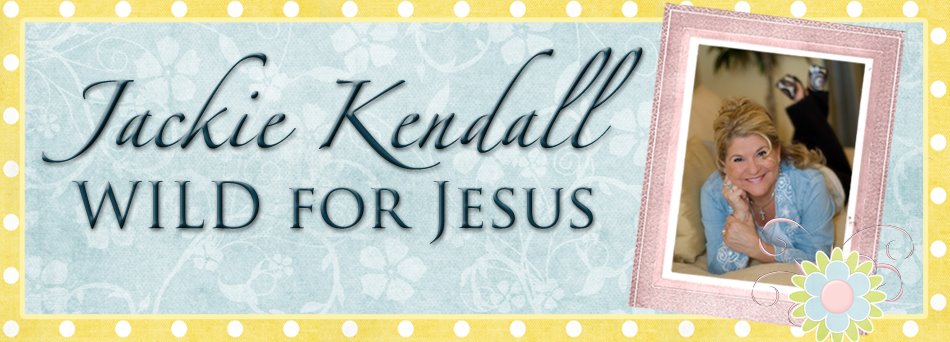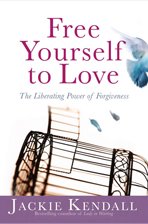Do you know who reads your grudge book? Your mate and children and friends—they all know who has hurt you and whom you are holding a grudge against. When I was a little girl, my mother would tell me stories about how her mother-in-law (my grandmother) hurt her. I never liked this particular grandmother because of those terrible stories. I took up my mother’s offense by effectively memorizing the text of the grudge book she had penned on her soul and copied to mine.
My own children never knew the details of the deep hurt that my mother-in-law caused me. From time to time, they may have caught a brief glimpse of the journaling in my grudge book, but they never had free access to read and reread the pages of that book because I learned to forgive my mother-in-law. The mental journaling in a grudge book ceased!
In the third book of the Bible, we are warned: “Do not seek revenge or bear a grudge against one of your people, but love your neighbor as yourself. I am the Lord” (Lev. 19:18). To bear a grudge is to take care of it as though it were valuable. In Hebrew the word translated “bear” means to “guard, reserve and cherish.”2 How scary to think that one’s grudges can be cherished like fond memories of yesterday.
When we read the whole of Leviticus 19:18, we grasp the reality that the one toward whom we cherish a grudge is not one we are loving as we love ourselves. When we hold on to cherished grudges, they can actually become family heirlooms that are passed down to future generations. I have a dear friend whose siblings refused to forgive their father, and the anger they harbored for him now possesses the hearts of the grandchildren. Not only do they possess the anger, it possesses them. Ironically, however, the grandchildren don’t hate their grandfather, the object of their parents’ hate—they hate their parents. The sons hated their father and never forgave him, and now their sons hate their fathers!
The above material is an excerpt from my book on Forgiveness that is coming out in February. Would you prayerfully consider helping me spread the good news about “forgiveness” by going to www.freeyourselftolove.com?




















1 comment:
AMEN!!!! I so needed to hear that!
Post a Comment